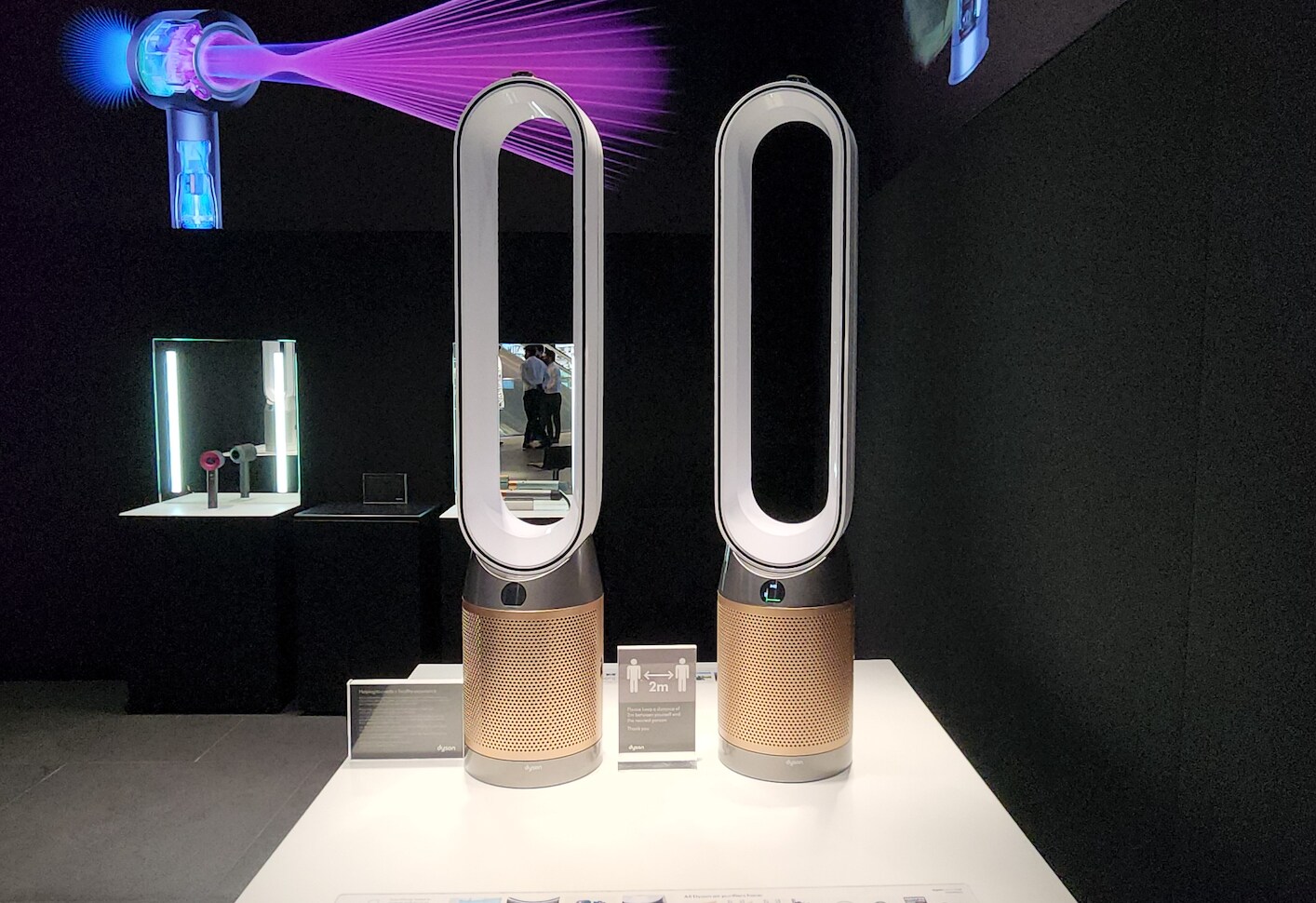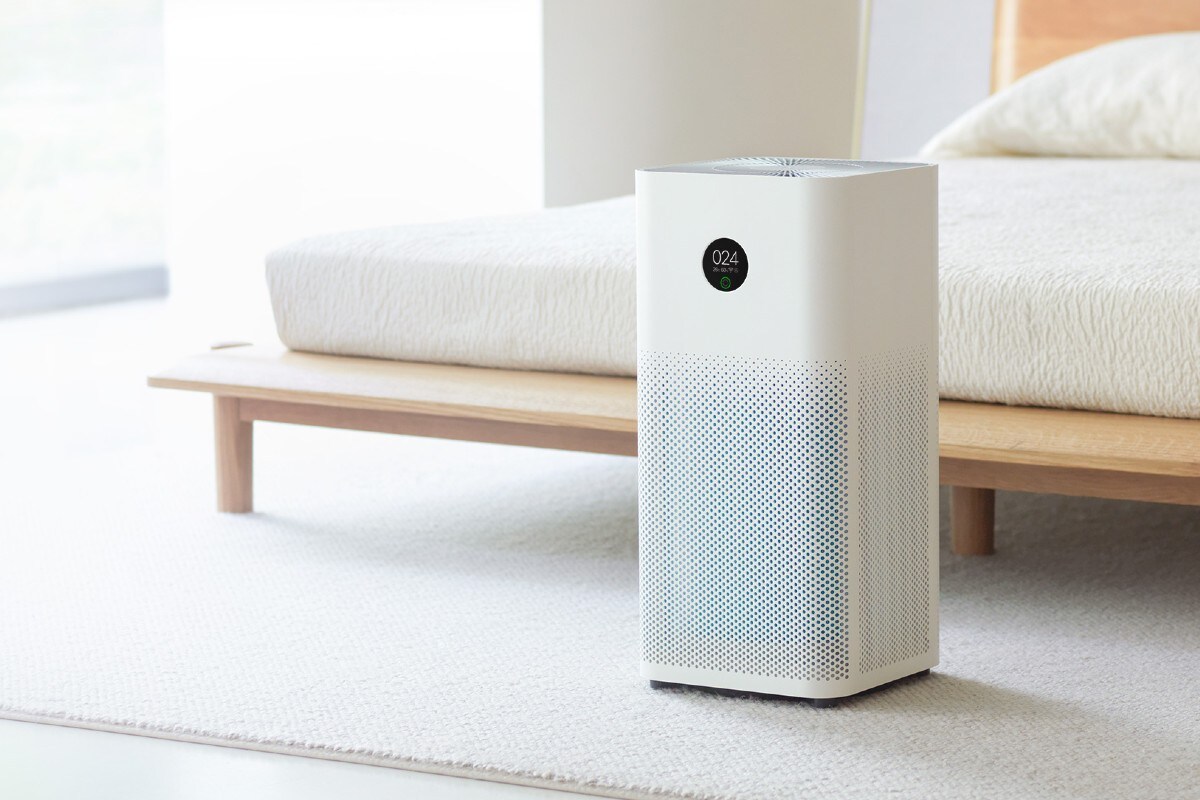[ad_1]
It’s that time of year again when the air becomes noisy and people are looking for masks and air purifiers to keep their surroundings clean and healthy to breathe. Air purifiers were a luxury before, but these days, everyone should keep them close at hand, especially during the winter when the breeze slows down and the harmful fumes of smoke settle in the air making breathing dangerous.
Air purifiers prices start at around 8000 rupees and go up to 1 thousand rupees depending on your needs. People need to understand that not all air purifiers will be suitable for their rooms, conditions, and more. Buyers need to read all product specifications and we help you with the details that determine whether or not you are buying the right air purifier.
What you should keep in mind when buying an air purifier
Room size: Measure the size of your room (in square metres) before choosing an air purifier. These details will allow you to purchase the appropriate model,
What to avoid: Don’t buy air purifiers that contain ionizers or models that rely on UV light. These air purifiers release ozone as an unhealthy by-product.
Meets industry standards: Air purifiers need to clear available industry standards. There are two standards – AHAM (American) and China certification, taken very seriously. Most models are sold in India You do not have these certifications but you do have different criteria. Brands like Xiaomi have adopted the Chinese GB/T 18801 air purifier standard.

Filter usedThe quality and type of filter determine the effectiveness of the air purifier. Specific filters target different components of the air. The most common type of filter available is HEPA (High Efficiency Particulate Air). It can filter out most airborne particles (up to 99.9%) with sizes as small as 0.3 microns. For general use, HEPA filters get the job done.
https://www.youtube.com/watch?v=/eL33qsXDxhQ
Some brands offer ultrafine particle filters along with a HEPA filter to target particles as fine as 0.3 microns (divide a hair strand into 240 pieces and one such piece is 0.3 microns wide). Note that HEPA filters do not remove odor.
To target odor, you will have to choose an activated carbon filter along with your regular HEPA filter formula. There are several types of activated carbon filters. Some are like a light net which prevents cooking smells. On the other hand, some filters offer activated carbon pellets that can remove gaseous and chemical odors.
Types of filters availableAir purifier filters do not generally kill airborne germs and bacteria. You can look for filters with antibacterial coating. However, avoid models based on UV light.
How do air purifiers work
The performance of a particular model of air purifier is rated by its coverage area, clean air delivery rate (CADR), and air changes per hour (ACH). While brands will boast CADR and cover a specific air purifier model, they will choose to stay silent on ACH. This is something you should ask about and find out before buying an air purifier.

Support cost for air purifiers
Filter replacement cost and life. Filters usually cost in the range of Rs 1,500 and Rs 2,500 with a lifespan of about six months. Also, don’t forget to inquire about the availability of filters. Considering electricity costs, try looking for an air purifier with energy star ratings. Noise levels should be around 35 dB when the fan is running at full speed. Do not choose models that have a rating greater than 55 dB and are not ideal while sleeping.
Read all files Latest technology news over here
[ad_2]
Source link

